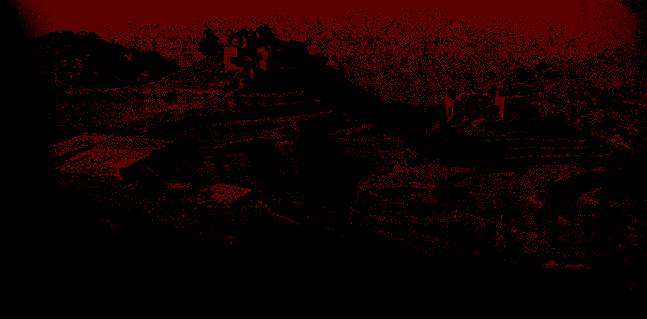Chaos of this Society
and the Lost of Communications
Jiddu Krishnamurti
Philosopher
J. Krishnamurti, (May 12, 1895–February 17, 1986) was a well-known writer and speaker on fundamental philosophical and spiritual subjects, such as the purpose of meditation, human relationships, and how to enact positive change in global society. At the age of 34, he publicly renounced the fame and messiah status he had gained from being proclaimed the new incarnation of the Maitreya Buddha by the Theosophical Society, and spent the rest of his life publishing regularly and holding public talks, mostly in South Asia, Europe and the United States.
At age 90 he addressed the United Nations on the subject of peace and awareness, and was awarded the 1984 UN Peace Medal.
Krishnamurti was born into a Telugu Brahmin family in Madanapalle, India, and in 1909 met C.W. Leadbeater on the private beach at the Theosophical Society headquarters at Adyar in Madras (now Chennai), India. He was subsequently raised under the tutelage of Annie Besant and C.W. Leadbeater, leaders of the Society at the time, who believed him to be a "vehicle" for an expected "World Teacher". As a young man, he disavowed this idea and dissolved a world-wide organization (the Order of the Star) established to support it. He spent the rest of his life traveling the world as an individual speaker, speaking to large and small groups, as well as with interested individuals. He authored a number of books, among them The First and Last Freedom, The Only Revolution, and Krishnamurti's Notebook. In addition, a large collection of his talks and discussions have been published. His last public talk was in Madras, India, in January 1986, a month before his death at home in Ojai, California.
His supporters, working through several non-profit foundations, oversee a number of independent schools centered on his views on education – in India, England and the United States – and continue to transcribe and distribute many of his thousands of talks, group and individual discussions, and other writings, publishing them in a variety of formats including print, audio, video and digital formats as well as online, in many languages.
Prof. Samdhong Rimpoche
Prime Minister of the Tibetan Goverment in Exil.
speaks about his time with Jiddu Krishnamurti
Samdhong Rinpoche was born on 5 November 1939 in Jol, Eastern Tibet, a region known for its warrior traditions. At the age of five, he was recognized as the reincarnation of 4th Samdhong Rinpoche. When he was 12 he left his home to go to Drepung Monastery in Lhasa for higher education. He fled to exile in the year 1959 after the Chinese invasion of Tibet.
He has served the exiled Tibetan community for over four decades as an educationist, philosopher and lately as a politician. After serving as the Chairman of the Tibetan parliament-in-exile for a decade from 1991, he aspired to a reclusive life in order to begin his efforts for the cause of non-violence. However, he had to relinquish this desire after receiving overwhelming requests from the exile Tibetans to accept the post of Prime Minister.
Rinpoche became the first elected Prime Minister in September 2001 after Tibetans in the free world exercised ther voting rights. The new system of electing the post of Prime Minister was the result of an initiative by the Dalai Lama.
Faculty member Samdhong Rinpoche is a scholar, philosopher, and fully ordained Buddhist monk. He is the first elected Kalon Tripa (Chairman of the Tibetan Cabinet) for the Tibetan Government in Exile. Since his escape to India in 1959 at the age of 20, he has worked to preserve Tibetan cultural heritage and to reestablish a non-violent society. In addition to Buddhist dharma, his primary influences are the teachings of Mahatma Gandhi and dialectics of J. Krishnamurti.
|
Credits
in developement
Treatment: Pierre Anglade and Hermann Kurasch
in production by Courage Films
back to images
Links:
Wikipedia: Jiddu Krishnamurti
Krischnamurti Foundation of America
Krischnamurti Foundation of India
Brockwood Park School
|

